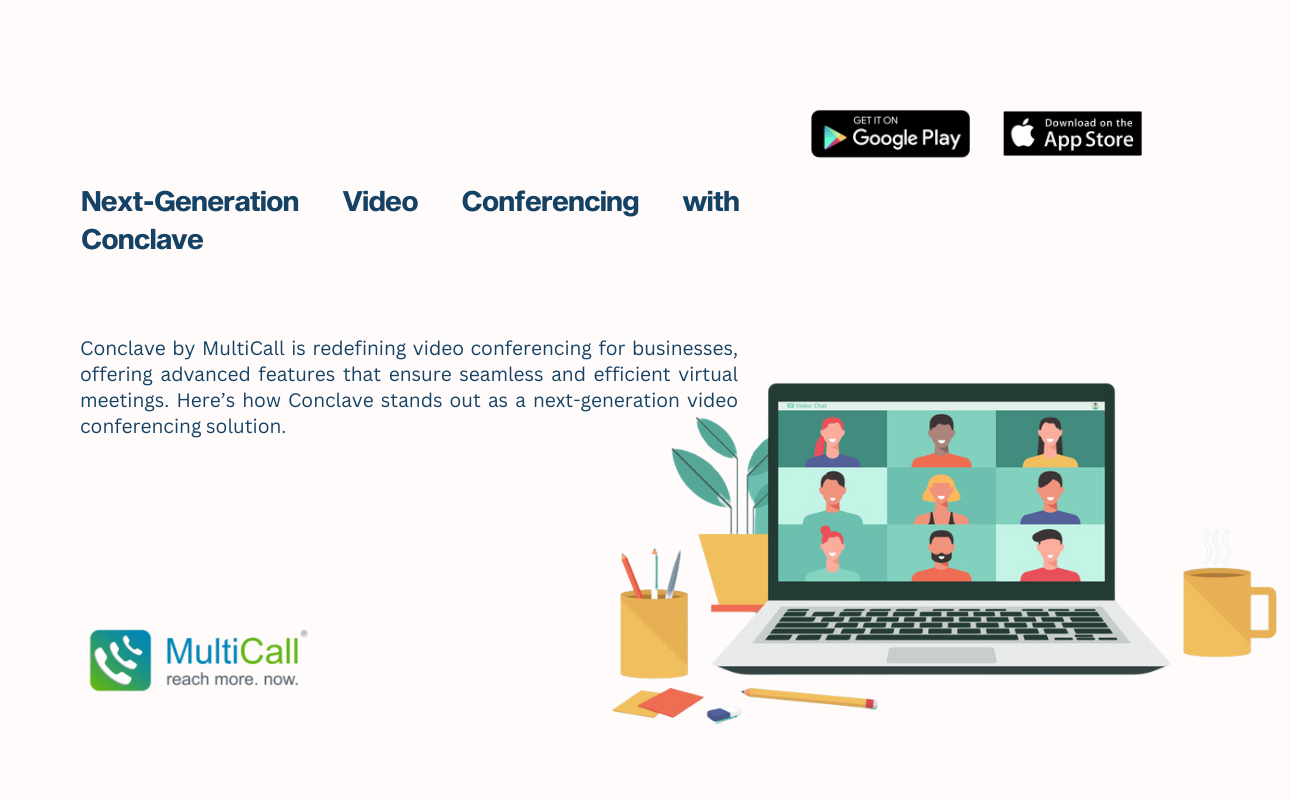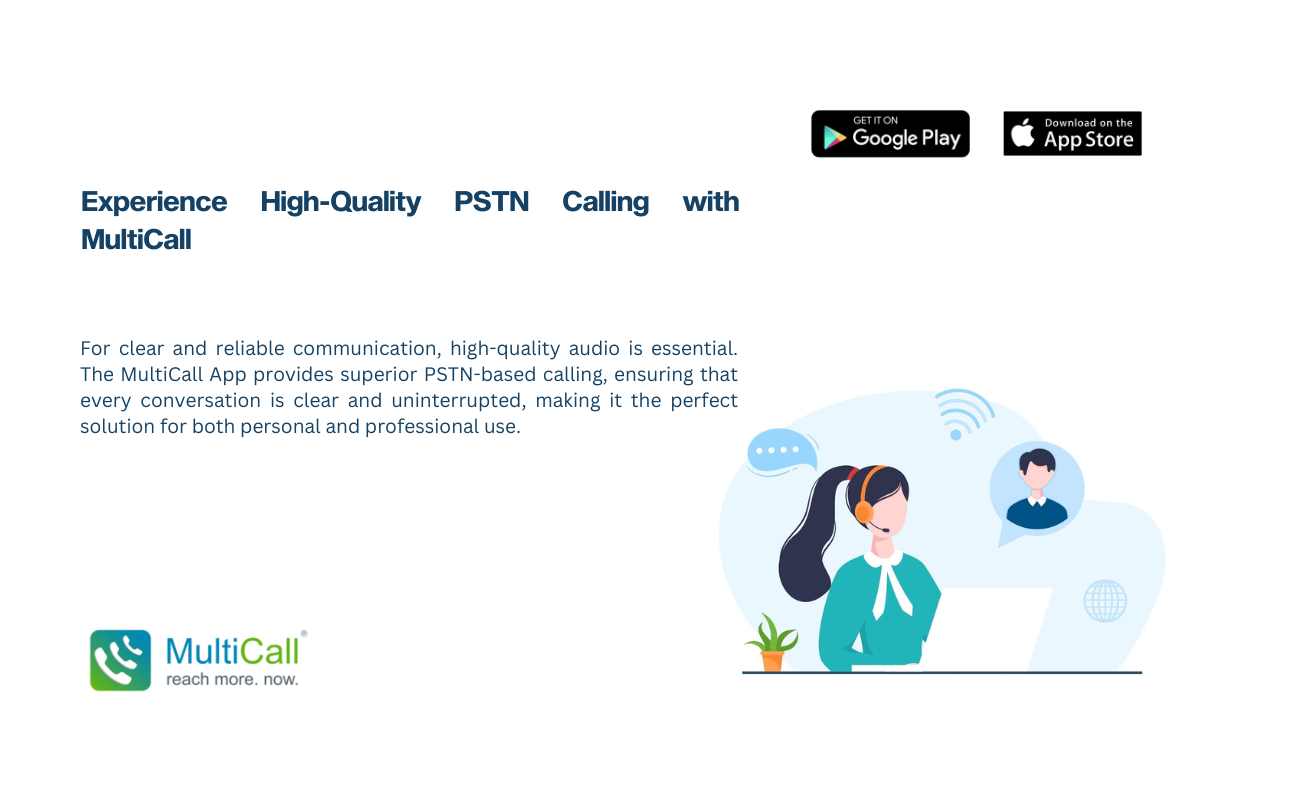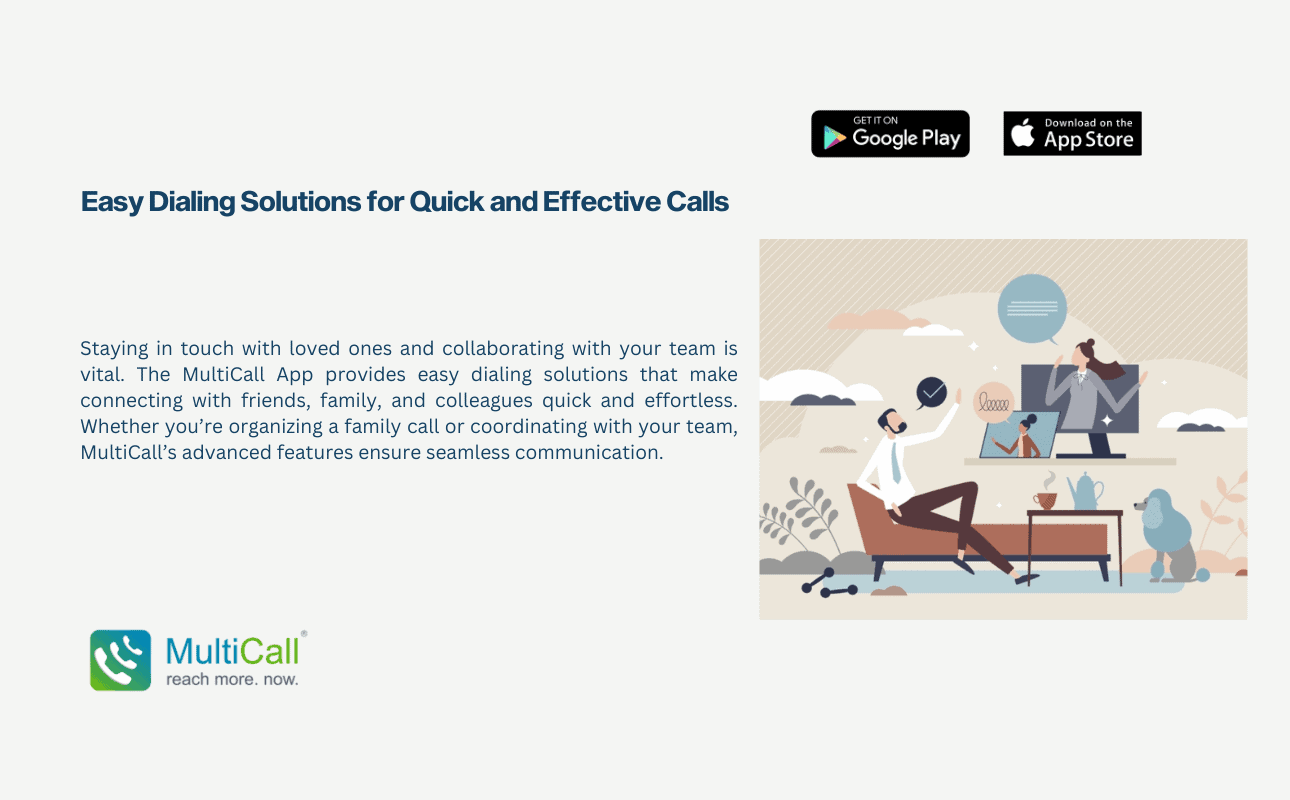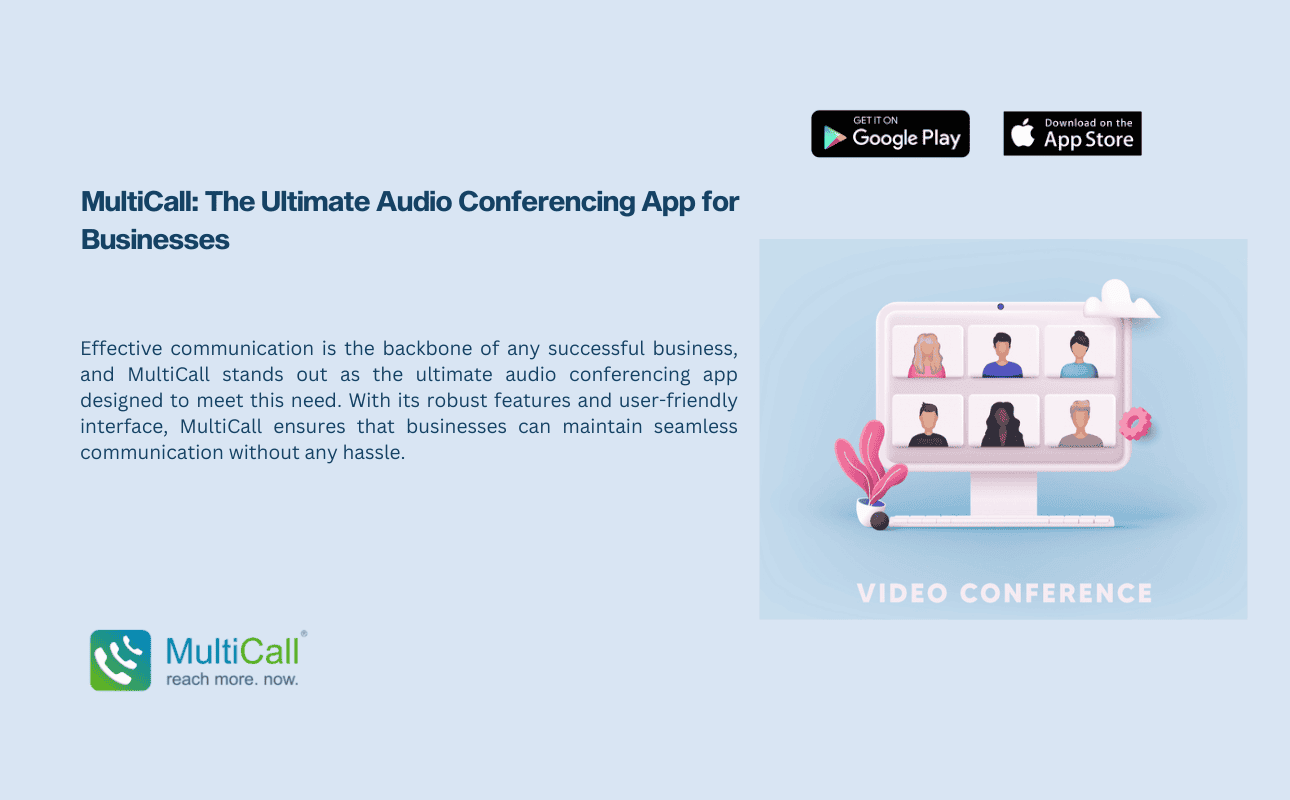
Next-Generation Video Conferencing with Conclave
Next-Generation Video Conferencing with Conclave Introduction Conclave by MultiCall is redefining

Succeeding in an economy today comes down not just to USPs of products in a given sector, but also the optimum expertise and thinking from around the globe. Like a Swiss army knife, multiple people are brought together from myriad cultures, work experiences, purposes and perspectives on the challenges that the company faces.
In the process, companies end up creating strong management teams that passionately discuss and debate options, challenge one another’s thinking, and find the optimal measures to be accounted for in the zone of probable agreement between both sides of the issues.
Ensuring such debates in the workplace remain healthy and not dysfunctional comes down to the trust, emotional intelligence, and courage involved. It also involves ensuring a 3 part approach to certain ground rules.
Healthy debates are those that focus on the central issue or the behaviours surrounding it ; not the people themselves. Coupled with the right collaborative tools such as MultiCall (which lets you call many with the ease of calling one), the awareness of effective conferencing etiquette comes in handy, in that it helps with the rules of engagement for debate as well.
In a typical team meeting, you tend to have three kinds of team members involved in the decision-making. Each type has its own rules in engagement that if followed, can lead to a healthy debate at the workplace. Taking the lead, of course, are the team leaders.


The responsibilities to be taken by the team leaders are quite central to the rules of engagement.
The idea of leaders are to ensure inclusivity and a balance on both sides during such meetings. To do this, leaders need to first be prepared to define and interpret content involved in the discussion. This means that they need to take certain measures for the same.
Here’s a trick question for you: is it better to just agree to everything to avoid conflict? Rather than lecture or tell someone what and how things should be done, questioning and probing more would be a good practice for a healthy debate. It helps in terms of clarifying, while also seeking more information and clearing up any possible points of confusion or misunderstanding.
This includes the planning of the meeting itself, since all parties involved need to come together simultaneously for an effective debate. MultiCall helps at this stage with its Call Scheduling System, to plan and bring together everyone involved at a determined date and time.
They also need to monitor the participants and ensure an adherence to equal amounts of speaking and listening. At the same time, they need to draw on the inputs of all team members. In simple terms, they need to encourage and support everyone so that they may speak up.
Leaders may also need to guide the discussion back on track in case it starts to digress. Reconciling opposing points of view, linking similar ideas, and looking for common ground. Probing contrary points of view if everyone seems to be in agreement too quickly or easily.
MultiCall helps at this stage with it’s Call Monitoring System, which can add/remove participants as needed. It also allows muting of participants if necessary, and recording in order to maintain full note of the inputs provided.
People fear the unknown.And certainly a lot of this is based on their perception of what may or may not happen. That’s understandable. But a healthy debate requires all viewpoints and areas of conflict clearly expressed, so not speaking up can be detrimental not just to the discussion, but even to themselves. Wouldn’t you feel demotivated if your opinion was quickly shut down or not considered?
That’s where the measures for inactive speakers come in. Just to be clear, by inactive we don’t mean those who aren’t participating at all. This is even for those who have opinions but hesitate to speak up.
It’s human nature to want to acculturate to the “tribe” as fast as possible. In the process, this can mean a greater tendency to exhibit avoidance or withdrawal to conflict. This is the first behaviour that needs to be undone, lest a work environment end up being toxic.
Remember, the idea of the debate is simply to ensure that a consensual and well-informed decision was taken. It’s not to compete, much less put anyone down! It’s alright to be unaware or not be understood in a discussion. But this is a communication barrier which if not addressed, can be detrimental to a debate, and to the company’s decision making itself.
This is resolved in two steps. First, when you have stated a point but aren’t sure if anyone understood, ask clearly if they did. Conversely, the second step is to also asking to repeat or explain something if you’ve not understood something they were saying either.


This certainly is a phrase that the most participative speakers seem to live up to, by providing invaluable inputs, and actively responding to what everyone has to say. But there’s a line between being active and being dominant. Some measures here too, will draw the line distinctly.
The first and most important is the pace of talking. The problem with having a multitude of ideas is the attempt to try communicate all of them quickly. In such a hurry, other people also involved in the debate may not catch on so easily. And for fear of being accused of not listening, they may not speak up either. In two words: slow down. Remember, a chain is only as strong as its weakest link!
This also means using familiar language with the team, and avoiding jargon that could create confusion. As a final line of defence , ask clearly whether you’ve been understood.
The next part is to ensure clearly asking for and listening to others’ views too, as proportionally as you have given yours. Putting forward only your opinions and not responding to the rest not only inappropriate for the debate, it makes it a one-way discussion.
So given all this, how’s your team doing? With the right tools and tips mentioned earlier, fostering a culture that encourages more communication and transparency is the essence of the creation of healthy debates at the workplace.



Next-Generation Video Conferencing with Conclave Introduction Conclave by MultiCall is redefining

Group Call Business Communication: Tips and Best Practices Introduction Effective

Experience High-Quality PSTN Calling with MultiCall Introduction For clear and

Key Features of MultiCall’s Group Calling Solutions Number Masking: Protect

Key Features of MultiCall’s Easy Dialing Solutions Instant Group Calling

Key Features Instant Group Calling Apps: MultiCall allows you to